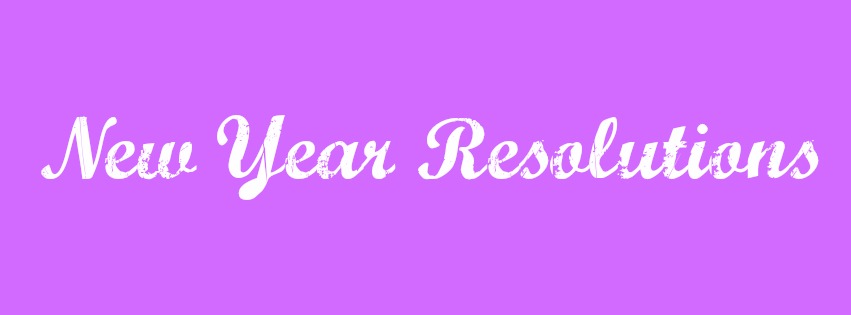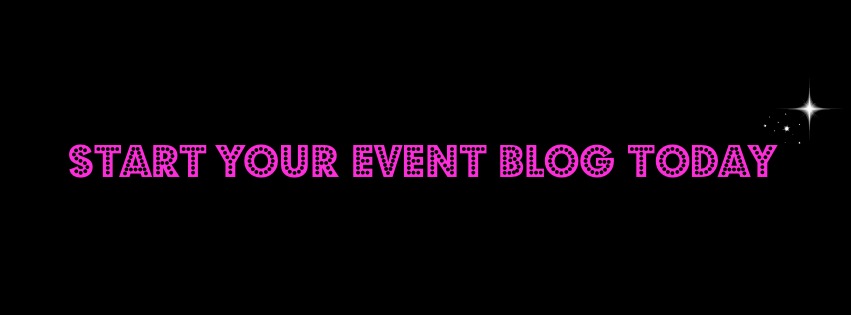Hello eventprofs! Today I decided to share with you my personal experience how to start an event management blog and the tips apply to both individual and corporate blogs. Blog is one of the most powerful marketing tools to communicate with your audience and the industry so I definitely encourage you to start one. I don’t want it to be one of these boring ‘how-to’ articles you read somewhere else already, so I share with you my personal experience, information I hope someone shared with me when I first started. This article is going to be very long packed with information and some technical information, but I really tried to simplify it as much as possible!
So let’s start.
Define Your Audience
I’m sure you heard it before already, so let me explain. What you know in theory will be different how it works in practice. In the beginning when I started, my audience was event professionals. As you know, event professionals are wedding planners, festival organisers, charities, venues etc. Even if you’re a wedding blogger, you have to narrow down your audience and see whether you want to write about luxury weddings, weddings on a budget, vintage weddings etc. In the beginning I wrote about all topics relevant to event planners (you will find event a concert among my first posts) until I started to narrow down and focus on two major groups – corporate event planners and business travellers. It’s very hard to find out in the beginning, but you’ll get the ‘feel’ to it and you’ll see what types of articles are of greater interest to your audience and what you enjoy writing most about. I know it’s a challenge, because many of the companies have different types of events run by the same team and many of the aspects are hard to separate, but try to narrow it down as much as possible.
Choose the Platform
I’m sure you’re all familiar with WordPress and Blogger so I won’t go into explaining it, but I take you one step further in case you want to self-host the blog. I host my blog on WordPress because I like the aesthetic layout of this platform and it’s very easy to manage. Everything you do feels very intuitive, same as logging into your Skype or Facebook. Let me explain it further. WordPress (WP) offers two platforms, WordPress.com and WordPress.org. WordPress.com is completely fee and you still have enough functions and enough storage space to learn the basics of blogging. Of course there are several downsides to it. Firstly you don’t have the plug-ins with all the cool functionalities, such as spam filter, event calendar, different and creative ways to integrate social media and much much more! Secondly, because your version is free, WP will place their own adverts on your site (which you don’t see but your readers are) on which you don’t have control. Thirdly, you will have the wordpress.com after your domain name, maybe for me that was the most disturbing aspects when my blog started to grow. Lastly, you are limited on storage space. Of course it’s not a problem when you’re a beginner and don’t work much with images, but you have to keep it in mind when your blog grows (Though I know big and established companies who use the free WP version and it works fine for them, it just has to be functional for your needs).
When you blog long enough and sure that’s for you, then you shall consider upgrading it. You’ll have the choice between upgrading the .com version or switching to .org. In my case, I upgraded it to org. WP.org is a self-hosted blog, where you have to buy your domain name from a hosting company and then you download the software for free from WP.org. It costs less than £100 per year to self-host, all depends on your hosting company. One of the aspects I wanted to have when self-hosting, is to have an email address with my domain [at] themiceblog [com]. I didn’t delete my old address (themiceblog.wordpress.com) but now all the information on the site is ‘private’. You can also redirect the old address to the new domain, but I didn’t do it, I just exported all the data to the new site. It’s all on the control panel, don’t worry! Then you can choose from a big variety of themes and here you have your professional blog/ website.
Test Test Test
I mentioned in the beginning that you’ll get a feeling to what works and what’s not, and that’s to do with testing the type of content but also the frequency you post. Try to post text only, text with link, picture with link, post in the morning, in the evening, several times a day etc. You’ll see what platforms and content work best for you and then try to leverage it. I’m still testing (for example, this is my longest article so far and I’ll be curious to see if you like such article or not, feel free to give me your feedback in the comments below or here). For example, one of the most powerful advices I found on the web is from Pete Cashmore , the founder of Mashable. He said that to grow his blog he posted five times each day! I completely agree with him and I see on my google analytics that when I post daily, my traffic increases. Just google Pete Cashmore Mashable and you’ll find lots of interviews with him with very useful tips!
Don’t Forget Face-to-Face Networking
Don’t think because you have an online presence, you have to network only online. In the beginning, when your SEO isn’t so good the best way to put yourself out there is to talk to people face-to-face about your blog. That face-to-face networking increases your readership, and I’m talking from experience.
Be on Twitter Chats
Twitter chats are the best way to meet other bloggers from different industries. Bloggers are very supportive to each other and happy to share from their experience. Twitter chats have industry focus (e.g.- travel, social media, weddings etc.), but if you want a pure blogging know-how exchange I would recommend you to participate at the #BlogHour every Tuesday from 9-10pm GMT. It’s moderated by the UK Blog Awards team and there are usually five to six questions about different topics and bloggers share experience with each other.
There are so many chats every day so I trust you’ll find your favorite. Here you can read about my favourites.
Tips on blogging:
Blogging is constantly evolving in terms of the professionalism introduced into this industry. It includes the quality of work such as images and videos, to more serious aspects such as law and regulations on blogging. For example, you can read this article about the blogger who gave a bad review and was fined. Event bloggers are still behind, in comparison to fashion bloggers for example, who thanks to their blog built their personal brand. An example is the blogger Chiara Ferangi who also launched her shoe and jewelry collections. Of course we can’t compare event blogging with fashion or travel blogging, but it’s always good to learn from non-competing industries. For example, I get big inspiration from fashion and travel bloggers because they work a lot with images, and thanks to them I recognised the importance of images and how to integrate them into my work.
To conclude, the process of setting up and writing a blog is one of the most satisfying and rewarding experiences I had in the past three years. It’s like learning a new skill on your own terms and seeing how it develops from nothing to be a voice in the (crowded) social media space. In todays connected world, it’s also one of these skills you have to possess in order to differentiate yourself in the workplace or strengthen your brand proposition. I’m still learning, and because there are constantly new features, updates and new social media platforms I feel that I still have a way to go!
I would love to hear your experience on blogging and if you have specific questions don’t hesitate to ask in the comments below!






